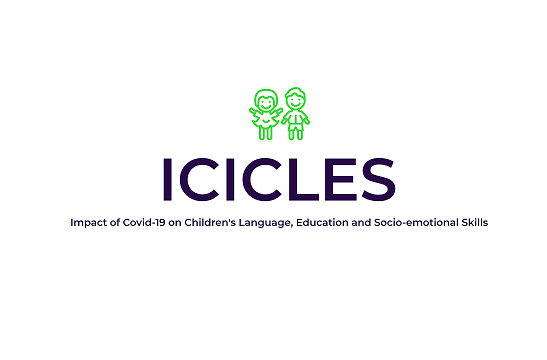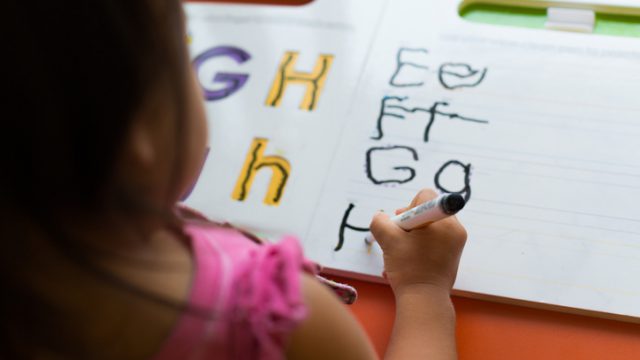Socio-economic status and subject choice at 14: do they interact to affect university access?

Summary & aims
Methodology
Methods
This project addresses this gap using a combination of survey and administrative data on a recent cohort of English students. It will analyse the subject choices taken by young people at age 14 (affecting subjects and qualifications studied for examinations predominantly at age 16). It will use statistical analysis to estimate the subsequent importance of subject choice in the probability of attending university or a highly competitive university. In addition, it will consider the association between socio-economic status and young people’s subject choices and, hence, the extent to which this acts as a transmission mechanism between socio-economic status and inequality in attendance at university.
Timescale and funder
This project was funded by the Nuffield Foundation. It ran from July 2015 to September 2016.
More information about the project is available on the Nuffield Foundation website.
Output














